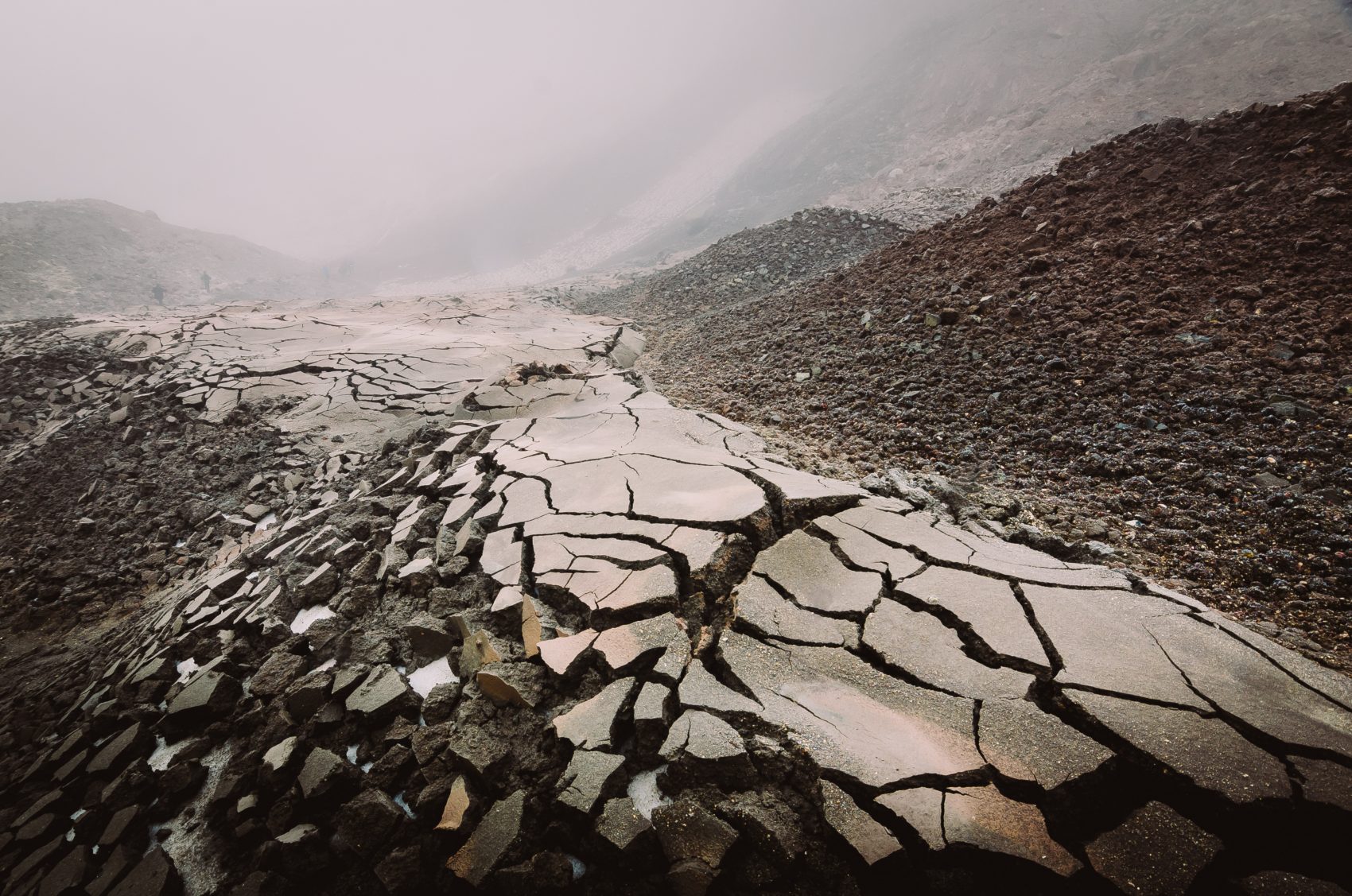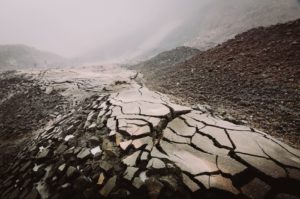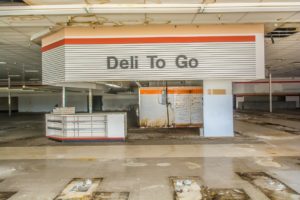Most Recent News


Popular News




Looking for some tips on prepping and survivalism for less insane people? Click here and read a comprehensive list on logical prepping.
I have had a large interest in prepping and survivalism for years now. It’s a hobby, a skill, and a great way to motivate you to do better things with your life (stay in shape, keep the brain working, don’t get addicted to vices, etc).

But there is one thing about the ‘culture’ of prepping that I can’t stand, and that’s the extremism it tends to come with. If you don’t know everything, or have everything, or are prepared for everything, expect to get a bunch of extreme preppers on your ass about it.
The fact is, disasters do happen. They happen around the world frequently. Even the risk of massive disasters is present here and will not be leaving within our lifetime. It is a smart thing to be prepared.
But you do not need to stockpile a year’s supply of water or learn everything about how to survive on your own alone in the woods. If society does exhibit a massive collapse of societal breaking proportions, we will still have towns. We will still have communities living together.
Anyone expecting to ride it out completely solo is projecting a fantasy in their heads.
So this article is for those of you out there that would like to be prepared, but don’t know where to start and don’t want to fall off the deep end. Here are the basics of prepping with a level-headed mindset.
From a statistical standpoint, you are much more likely to find yourself on the streets from lack of income (lost job) or being in a climate disaster (hurricane, ungodly storm, etc). Logically, it would make more sense to prepare for these than a zombie apocalypse.
However, when most people begin prepping, they start with the crazy items. They buy gas masks or night vision goggles. You’d be better set by putting that money in a rainy day fund or car repairs, according to the logical likelihood model. They are great items to have if you have the disposable income, but not necessarily at the beginning of your journey with prepping or as a “requirement”.
So, what events should we prep for the most?
These are the principal risks we need to find ways to avoid if we’re beginning our prepping journey with the right mindset. You should not begin prepping to fight aliens. Minimize the most likely risks first, then focus on other potential risks as a cluster.
And what are these other potential risks?
Well, anything such as:
These events should be considered as a cluster, not as one. It is far too ridiculous for any one single person to prepare for all of these events, in any situation, under any circumstance.
So, you prepare for the most likely disasters, and then cluster these as one: a “big” disaster. What could you use in all of these events is what you should consider looking out for.
An example? A gun. Or a few. Also, some ammo. Another example? A fire starter. Medicine. The list is obvious when you consider them as a cluster and determine what you need across the board.

This will save you time, money, and sanity. Yet, it is still smart. You will have a plan when others don’t, covering most potential situations. Your plan will be focused primarily on the most likely disasters, and will cluster the remaining ones to have you at a 99% covered rate. Better than the vast majority of the rest of the population and more stable than the extremist preppers.
The likelihood of zombies, while interesting, is not high. Prepping for that is slightly crazy, compared to prepping for likely disasters first and a cluster of civilization-ending disasters after.
So, what do we do exactly?
Follow the obvious requirements for disasters according to the logical likelihood model:
Nothing matters more than cold hard cash in this world. The same is true in times of trouble.
You need a safety net.
Enough to cover food, temporary shelter (hotels, motel, some place with a shower), and water for your entire family.
If you have to cut expenses to make this happen, do it.
Also, eliminating debt is essential in this category as well. Debt saddles us, and in times of emergency the collectors tend to come out in full force. It is impossible to save effectively when you have high interest rate debt.
Remember the general advice about money: It can buy anything. It would be an idiot’s errand to waste it on useless objects, but it is also a moron’s delight for those who take it with them to their grave.
How to safeguard the cash?
Do not spend all of these savings on prepper supplies. Keep them. They are much more important than nightsight goggles.
I’m not going to go into too much into detail about this point, because I already have an entire full-length article about it. But you need basic survival skills, and you need to know how and when to apply them.
Read my article about the necessary skills here: 32 Basic Life Skills That Everyone Should Master.
First off, don’t put yourself into stupid situations. This means no drunken turns down alleyways, no driving to the ghetto to buy weed at 3AM, and no dating women with loud mouths and easy-to-remove leggings.
Practice your situational awareness at all times: on foot, in the car, on a plane. You can’t turn it off. When you begin to do it often, it will become second nature.
But even the most observant individuals will sometimes be put in a bad spot. In these instances, we need something.
We need training. And I don’t care what kind of training it is.
Do hand to hand, carry a knife, a gun, pepper spray, whatever. But be trained in it. And have it with you.
You are much more likely to die from a drunken bar fight, or a mugger than you are the zombie apocalypse. Prepare for it and you won’t become that violent crime statistic.
While you’re at it, make sure to clean yourself up online. Many victims are found through online accounts touting they have gold at home (I’m looking at you preppers), or mentioning their stockpile of guns. Hey, guess what a criminal would love? A stockpile of guns or gold. You’re not home all the time to guard it, are you?
Additionally, protect yourself at home. Buy a security camera. Get the extra locks. Safeguard your assets. Your mental security and future self will thank you three times over.
You cannot be a prepper if you are fat.
I repeat: You cannot be a prepper if you are fat.
I know, you may know some people that think they are preppers and they are horribly overweight or out of shape. I’ve seen them too. They’re idiots.
You expect to survive a civilization-crushing event when you can’t run a mile? No. You’ll be one of the first gone.
Good health is a requirement for any type of disaster: even the basic ones. You don’t want to be dealing with added medical issues on top of a climate disaster or losing your health insurance due to job loss, do you?
These are my articles about fitness. They are good resources to start with:
It does not matter if you have all the gear and savings in the country. If you don’t have a plan, you’ll be SOL until you figure one out.
For this reason, it’s always good to think ahead.
How do you do this? I can’t tell you. There are too many variables in everyone’s lives for me to give a basic guide. This is something you must do yourself.
Go through the most likely disasters discussed above, and plot a strategy. Then, create a general strategy for the cluster we discussed.
Decide the following:
Don’t worry about having everything plotted out to a T. You need some wiggle room in case situations change, anyway. You mainly want the outline that you can refer to, so you have a general idea that you have thought about what could occur and the consequences.
An example: your house is flooded with massive rain. What do you do? Well, that depends on 5000 different things: do you have a family? Do you have another place to stay? Can you get there safely? Do you have savings and food to tide you over? Just think about what would happen in that situation and what you would do about it. Do you have everything you’d need, or not?
That’s the goal: learn what you would do, and what you need.
This list will be shorter than my previous lists, and will be shorter than what most preppers can handle emotionally.
Really, you just need these:
That’s it. In general, this list covers the vast majority of potential disasters you may come into contact with. Anything else is extra. Typically, you can find or finesse your way to anything else you may need such as a small home repair using duct tape or patching a car tire temporarily with garage materials.
Non-required, but recommended items include:
Welcome to the end of a very long, but hopefully useful, article.
The point of this was to give you some basics about how to start prepping with a level mind.
Don’t let the extremists get in your head. There is probably no zombie apocalypse tomorrow. We simply want to be prepared for whatever life throws at us. It is not about being engulfed by survivalism. It’s about using it to our advantage in case an event occurs where we need to use it.
Keep your backup plan handy, stay alive, and thanks for stopping by.
(Learn More About The Dominion Newsletter Here)